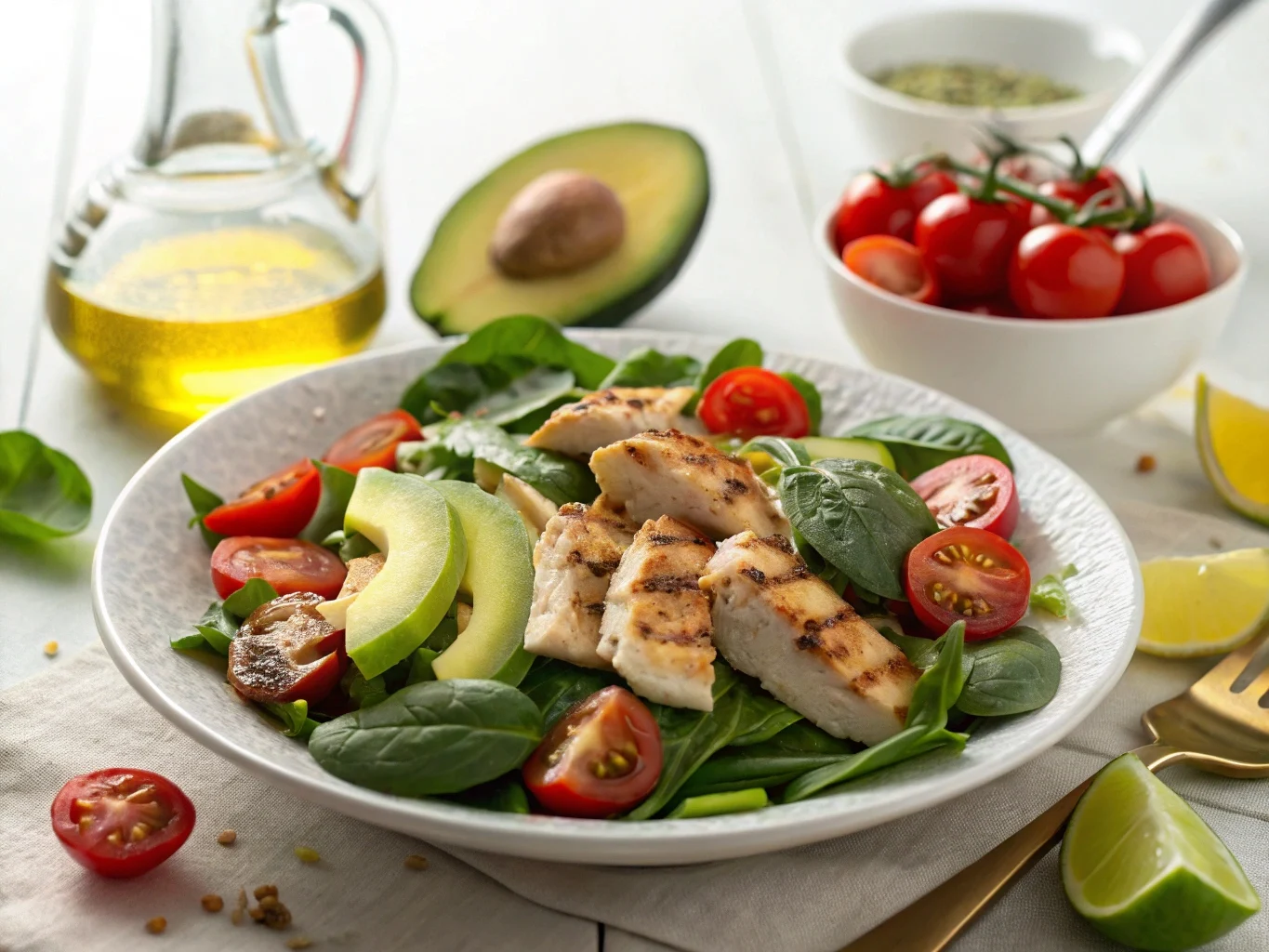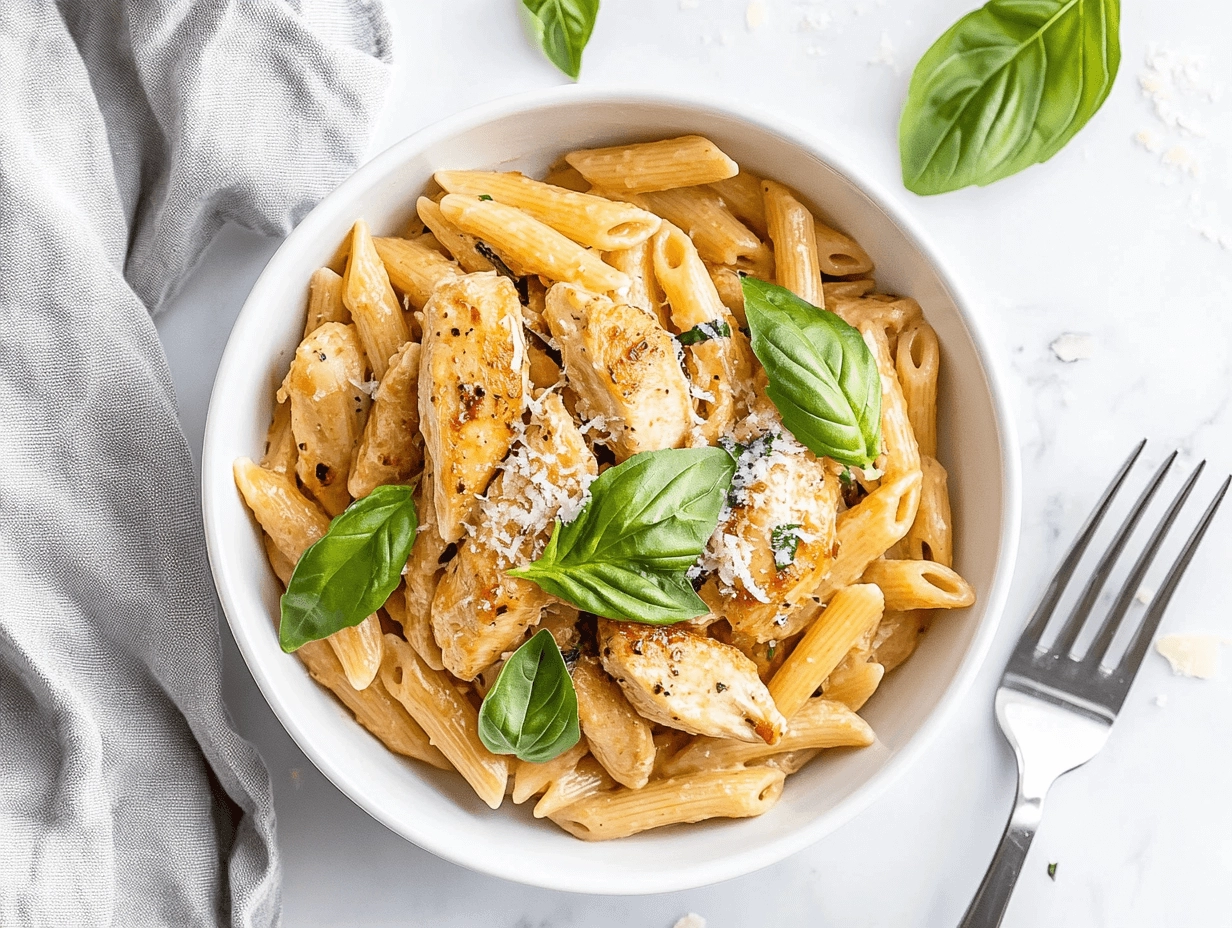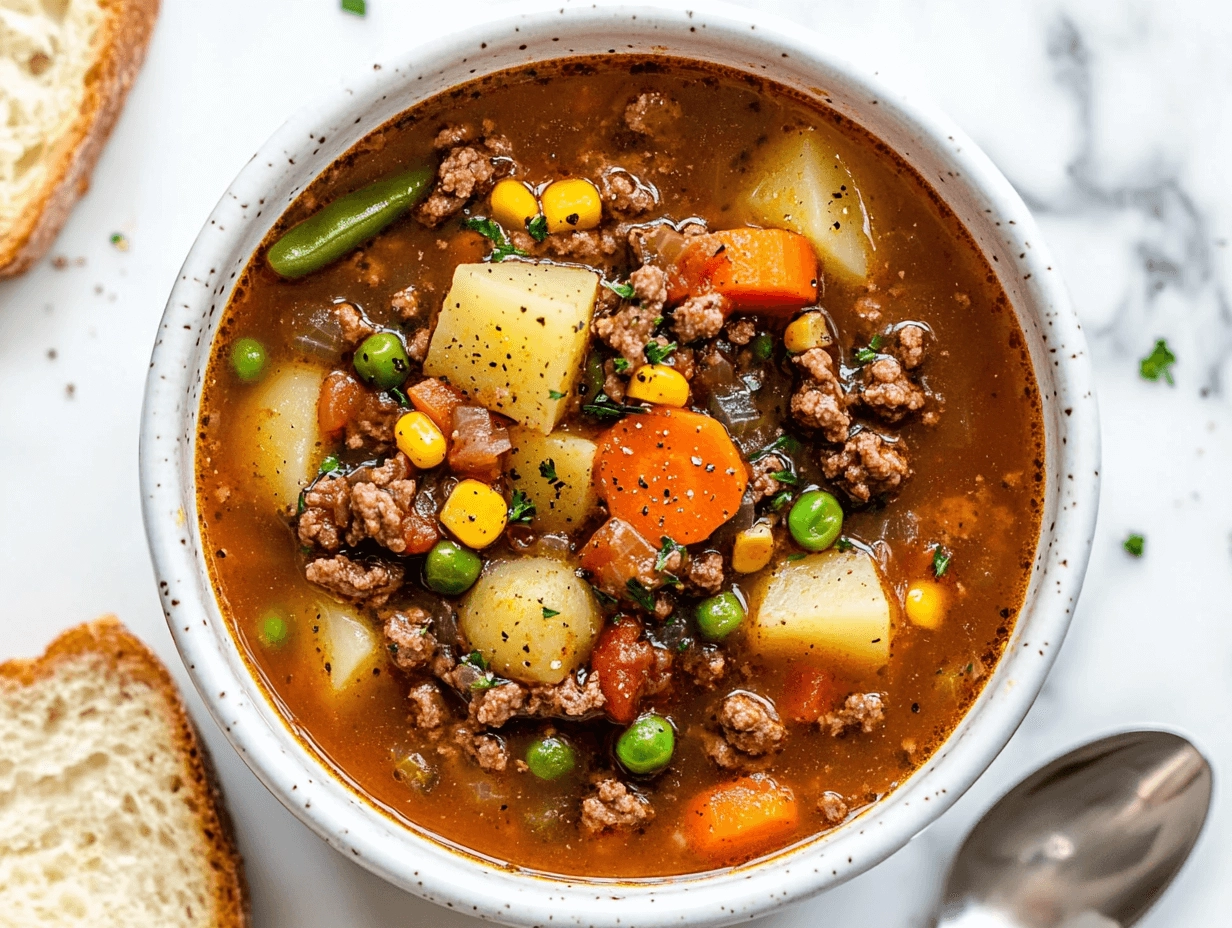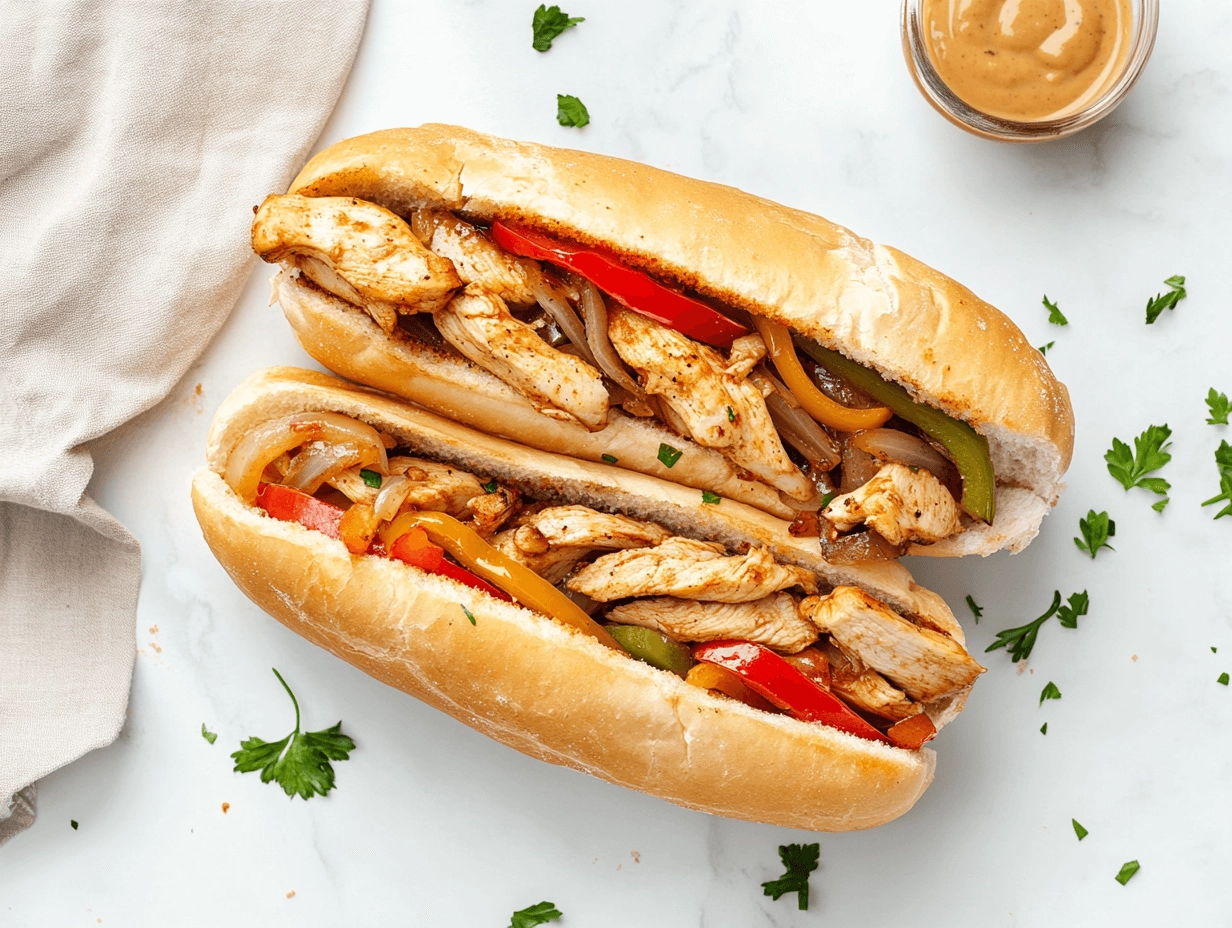Managing a chronic diease lunch recipes requires more than just medication and doctor visits. Proper nutrition plays a crucial role in maintaining overall health and alleviating symptoms. A well-balanced lunch can help keep energy levels up, reduce inflammation, and support your body in its healing process. In this article, we’ll explore some delicious and nutritious lunch ideas that are tailored to individuals with chronic conditions like Chronic Kidney Disease (CKD), diabetes, and heart disease. These recipes focus on ease of preparation and balanced nutrition, perfect for anyone looking to make healthy eating a priority in managing their chronic diease lunch recipes.
Table of Contents
Discover more delicious recipes and ideas by visiting our homepage!
What Makes a Good Lunch for a Chronic diease lunch recipes Patient?
When planning a lunch for someone with a chronic illness, the focus should be on nutrient-dense foods that are easy on the digestive system and promote overall health. For example, meals that are high in fiber, low in sodium, and rich in antioxidants are often ideal. These foods help reduce inflammation, support kidney health, and manage blood sugar levels.making them perfect for chronic diease lunch recipes.By including such options in your chronic diease lunch recipes, you can ensure balanced nutrition that supports long-term well-being.
Key Nutrients to Focus On:
- Protein – Essential for maintaining muscle mass and overall bodily function. Opt for lean protein sources such as chicken, turkey, tofu, or fish like salmon.
- Fiber – Whole grains, vegetables, and legumes provide fiber, which supports digestive health and can lower cholesterol levels.
- Healthy Fats – Healthy fats, such as those found in avocados, olive oil, and nuts, are great for heart health and can help with managing cholesterol levels.
- Antioxidants – Fruits and vegetables such as berries, leafy greens, and tomatoes are packed with antioxidants that fight oxidative stress in the body.
By focusing on these nutrients, you can create balanced and heart-healthy meals that provide sustained energy throughout the day.
What Foods Are Good for Chronic diease lunch recipes?
Eating well for chronic diease lunch recipes management doesn’t have to be complicated. A variety of whole foods can be incorporated into daily meals. Here are some of the best options:
- Leafy Greens: Kale, spinach, and other dark leafy greens are rich in vitamins and minerals, such as Vitamin K, which is important for bone health.
- Whole Grains: Brown rice, quinoa, and oats provide fiber, which can help regulate blood sugar levels and reduce the risk of heart disease.
- Nuts and Seeds: Almonds, walnuts, and chia seeds are excellent sources of omega-3 fatty acids, which are known to support heart health.
- Berries: Blueberries, strawberries, and raspberries are packed with antioxidants and low in sugar, making them ideal for blood sugar control.
For patients with chronic diease lunch recipes like CKD or diabetes, certain foods may need to be limited, such as those high in potassium, sodium, or simple sugars. It’s important to consult with a healthcare provider to understand the best dietary choices for specific health needs.
A Good Lunch for Elderly People with Chronic diease lunch recipes
As people age, the body’s nutritional needs change. Chronic diease lunch recipes conditions such as diabetes, heart disease, and osteoporosis can complicate meal planning for elderly individuals. However, the goal is to offer meals that are both easy to prepare and nutrient-dense.
Meals should be balanced in protein, low in unhealthy fats, and rich in vitamins and minerals. For example, a simple chicken salad with mixed greens and a homemade vinaigrette dressing can provide a good source of protein and healthy fats, along with necessary vitamins and minerals. Additionally, including hydrating foods like cucumbers and watermelon can help prevent dehydration, which is common in the elderly.
Some other meal ideas include:
- Vegetable Soups: Rich in vitamins, easy to digest, and hydrating, vegetable soups are an excellent choice for older adults.
- Omelets: A light, protein-packed meal that can be customized with vegetables like spinach, tomatoes, and peppers for added nutrients.
- Grilled Fish or Chicken: Served with a side of steamed vegetables or quinoa, grilled fish is easy to prepare and gentle on the stomach.
What Are the Food Choices for Chronic diease lunch recipes?
When managing chronic diease lunch recipes, food choices should be based on the condition itself. Let’s look at some of the best options for patients with common chronic conditions:
For Chronic diease lunch recipes Kidney Disease (CKD)
CKD requires careful attention to fluid intake, potassium, and sodium levels. It’s best to avoid processed foods and focus on fresh, whole ingredients. Kidney-friendly options include:
- Lean Protein: Chicken, turkey, and fish like tilapia or salmon are ideal.
- Low-Potassium Vegetables: Bell peppers, cabbage, and cauliflower are good options for those needing to monitor potassium levels.
- Whole Grains: Quinoa, rice, and pasta can be a great addition to a balanced meal.
For Diabetes
Managing blood sugar is key for diabetes patients. The best foods for managing blood sugar levels are those that have a low glycemic index, including:
- Non-Starchy Vegetables: Broccoli, spinach, and carrots are perfect choices.
- Whole Grains: Brown rice, barley, and oats can help keep blood sugar levels stable.
- Lean Proteins: Chicken, turkey, and fish are excellent choices, as they are low in fat and high in protein.
For Heart Disease
Heart disease patients should focus on heart-healthy fats, lean proteins, and foods rich in antioxidants. Good choices include:
- Healthy Fats: Olive oil, avocado, and nuts can help reduce cholesterol levels.
- Oily Fish: Salmon and mackerel are high in omega-3 fatty acids, which can reduce inflammation and lower cholesterol.
- Leafy Greens: Kale and spinach are rich in fiber and antioxidants, supporting heart health.
Is Pasta OK for CKD Patients?
Pasta can be a good option for CKD patients if prepared with the right ingredients and in moderation. It’s important to opt for whole grain pasta over refined pasta to maximize fiber intake, which helps maintain digestive health. However, CKD patients should limit their portion size of pasta to avoid excess carbohydrate intake.
Pasta dishes should also be paired with kidney-friendly vegetables like bell peppers, zucchini, and broccoli. Avoid high-sodium sauces, opting instead for homemade pesto or tomato-based sauces.
What Is a Kidney-Friendly Lunch Meat?
When choosing lunch meats for CKD patients, it’s important to look for low-sodium options. Most deli meats are high in sodium, which can exacerbate kidney issues. Instead, focus on unprocessed meats, such as grilled chicken or turkey, which are lower in sodium and more kidney-friendly. For variety, lean cuts of beef or pork can also be included in small portions.
Chronic Disease Lunch Recipes: A Guide to Nutritious, Flavorful Meals
Living with chronic disease often means making careful food choices to support your overall health. Finding meals that are both delicious and supportive of your condition can be challenging. However, chronic disease lunch recipes don’t have to be bland or restrictive. With a little creativity, you can create meals that are nutritious, easy to prepare, and packed with flavors you love.
In this guide, we’ll delve into some easy-to-make, nutrient-rich lunch recipes tailored for chronic conditions such as diabetes, heart disease, and autoimmune disorders. These meals are designed to provide maximum nutritional value while being gentle on the body, helping you manage symptoms and maintain your energy throughout the day.
1. Why Choosing the Right Ingredients Matters for Chronic diease lunch recipes
Eating the right foods is essential when managing chronic diease lunch recipes. Certain foods can help reduce inflammation, manage blood sugar, and support heart health. For example, healthy fats, such as those found in avocados and olive oil, can support heart health and reduce the risk of cardiovascular complications. Similarly, high-fiber foods like leafy greens, legumes, and whole grains can help control blood sugar levels, which is crucial for individuals with diabetes.
Actionable Tips:
- Focus on anti-inflammatory ingredients like turmeric, ginger, and green leafy vegetables.
- Always choose whole grains over refined carbs to help manage blood sugar.
2. Heart-Healthy Salad with Grilled Chicken and Avocado
A salad doesn’t need to be boring. For a heart-healthy lunch, try a vibrant salad featuring grilled chicken, avocado, and an assortment of colorful vegetables. The healthy fats in avocado are beneficial for reducing cholesterol levels, while the lean protein from the chicken helps keep you full and satisfied. The addition of leafy greens, like spinach or kale, boosts the meal with antioxidants, which help fight inflammation.
Recipe Breakdown:
- Grilled Chicken: Provides a lean source of protein, which helps with muscle repair and energy levels.
- Avocado: Packed with monounsaturated fats that support heart health and lower bad cholesterol.
- Spinach: Full of iron, folate, and vitamin K, supporting immune function and bone health.
Actionable Tips:
- Grill the chicken with a drizzle of olive oil and lemon juice for added flavor.
- Experiment with different greens like arugula, which can add a peppery bite to your salad.
3. Quinoa and Roasted Vegetable Bowl
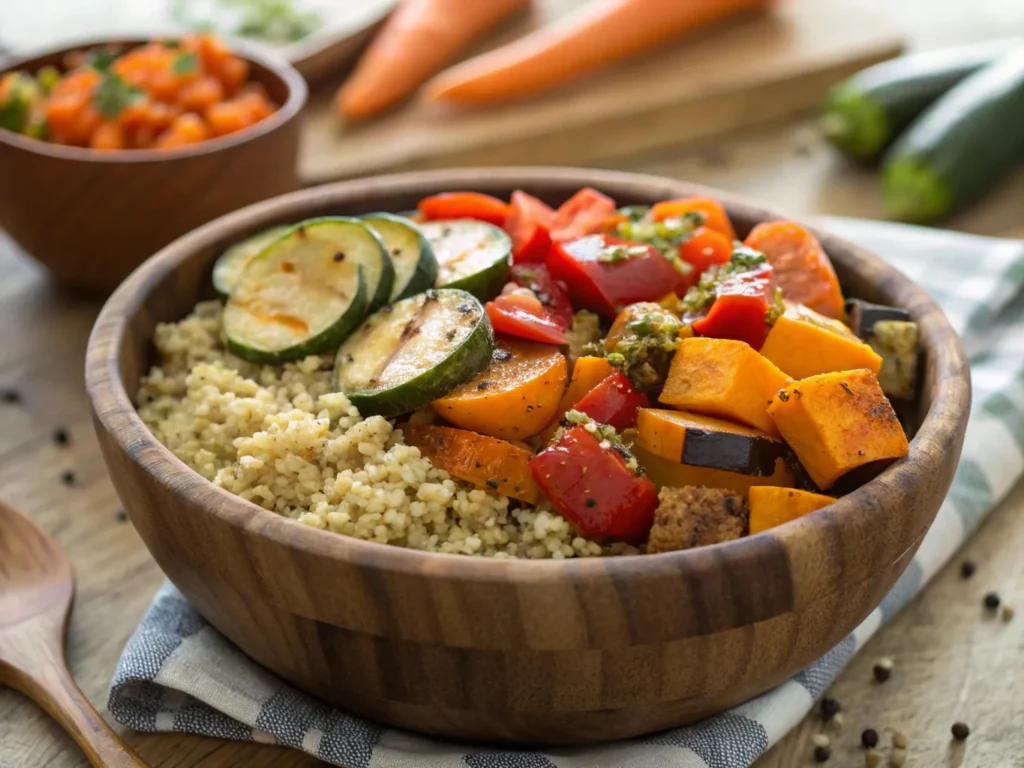
For a filling and nourishing option, a quinoa and roasted vegetable bowl can be a great choice. Quinoa is a complete protein, meaning it contains all nine essential amino acids that your body needs. Roasting vegetables like carrots, sweet potatoes, and bell peppers brings out their natural sweetness and enhances the flavor without adding excess sugar or fat. This recipe is also easily customizable depending on your dietary preferences or restrictions.
Recipe Breakdown:
- Quinoa: A high-protein grain that is gluten-free, making it suitable for those with gluten intolerance.
- Roasted Vegetables: Rich in vitamins A, C, and fiber, these veggies can support your immune system and digestive health.
Actionable Tips:
- Add a dollop of tahini or a squeeze of fresh lemon for extra flavor.
- For added crunch, sprinkle some roasted sunflower seeds or pumpkin seeds on top.
4. Mediterranean Chickpea Salad
Chickpeas, also known as garbanzo beans, are an excellent choice for individuals managing chronic diease lunch recipes. They are rich in fiber, which helps regulate blood sugar levels and promotes digestive health. Combining chickpeas with Mediterranean ingredients such as cucumbers, tomatoes, olives, and feta cheese creates a fresh, satisfying salad that’s high in fiber and healthy fats.
Recipe Breakdown:
- Chickpeas: A good source of plant-based protein, which can aid in muscle repair and blood sugar regulation.
- Olives & Feta Cheese: Rich in monounsaturated fats and calcium, supporting heart and bone health.
Actionable Tips:
- Add a pinch of dried oregano for authentic Mediterranean flavor.
- For more protein, try adding grilled shrimp or chicken to the salad.
5. Sweet Potato and Black Bean Tacos
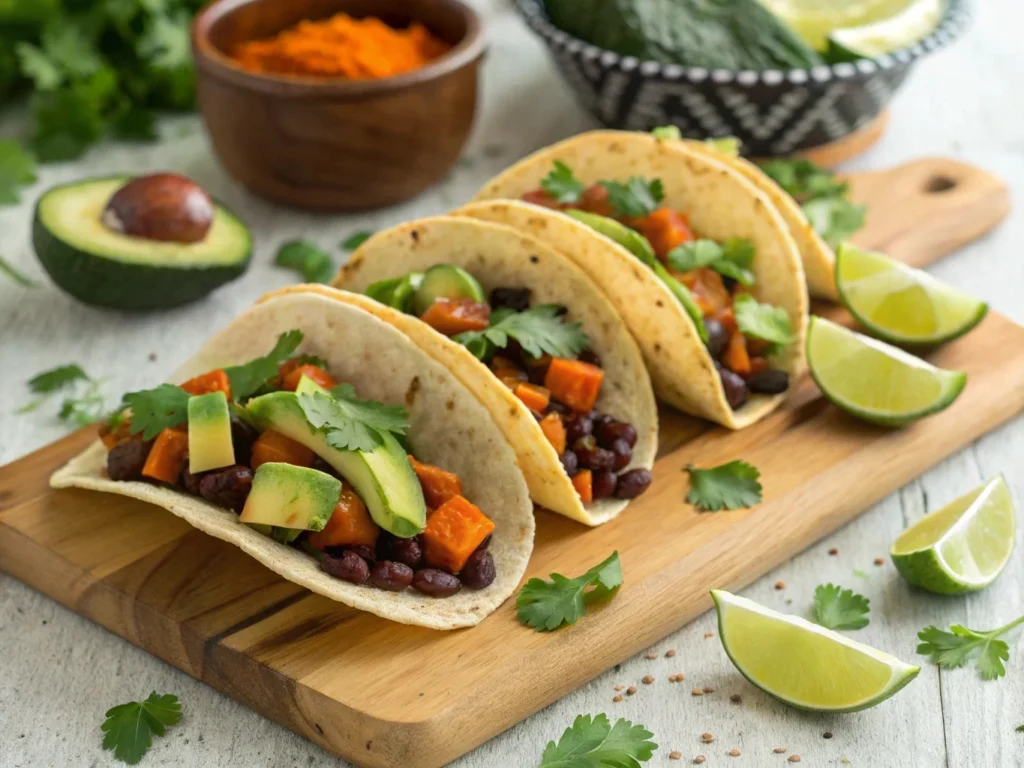
Sweet potatoes are an excellent source of beta-carotene, an antioxidant that supports immune function. Paired with black beans, which provide fiber and protein, sweet potatoes create the perfect filling for a healthy, plant-based taco. Serve these tacos with a side of avocado or a sprinkle of lime juice to enhance the flavor without adding unnecessary calories.
Recipe Breakdown:
- Sweet Potatoes: Loaded with vitamin A and fiber, helping to maintain healthy vision and digestive function.
- Black Beans: Packed with plant-based protein, fiber, and iron, supporting muscle health and blood circulation.
Actionable Tips:
- Opt for corn tortillas instead of flour tortillas to keep the dish gluten-free.
- For a spicy kick, add a dash of chili powder or jalapeños to the filling.
6. Anti-Inflammatory Turmeric Chicken Soup

When it comes to chronic diease lunch recipes conditions, inflammation can be a significant concern. Turmeric, a powerful anti-inflammatory spice, is often recommended for individuals dealing with conditions like arthritis, heart disease, and autoimmune disorders. In this recipe, turmeric pairs with chicken and a variety of vegetables to create a healing soup that soothes the body and warms you up.
Recipe Breakdown:
- Turmeric: Known for its ability to reduce inflammation and promote joint health.
- Chicken: A lean protein source that is easy to digest, providing energy without causing strain on the digestive system.
Actionable Tips:
- Add ginger to the soup for an extra boost of anti-inflammatory benefits.
- You can make this soup ahead of time and store it in the fridge for a quick and easy lunch option.
7. Salmon and Asparagus Stir-Fry
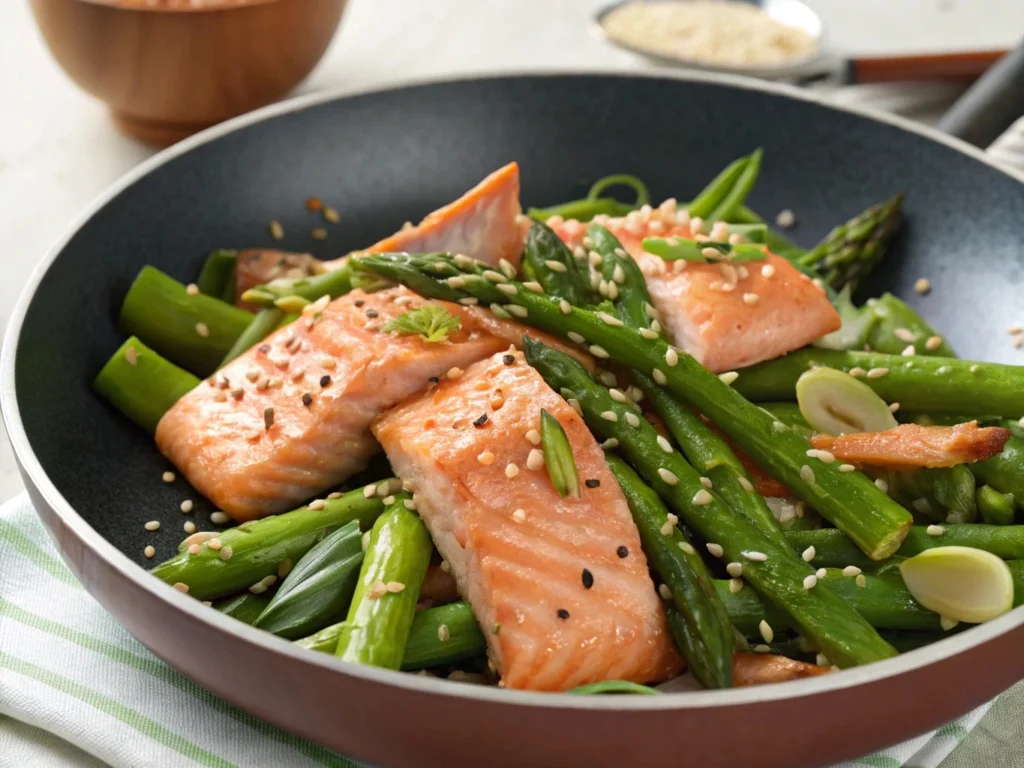
Salmon is one of the best sources of omega-3 fatty acids, which are essential for heart health. Paired with asparagus, which is rich in antioxidants, this stir-fry creates a nutrient-dense meal that’s both light and filling. The omega-3s in salmon are particularly beneficial for reducing inflammation and supporting brain health, making this a great choice for those managing chronic diease lunch recipes.
Recipe Breakdown:
- Salmon: High in omega-3 fatty acids that support heart health and reduce inflammation.
- Asparagus: A good source of folate and antioxidants, supporting detoxification and immune function.
Actionable Tips:
- Serve with a side of brown rice for a fiber boost.
- Experiment with different stir-fry sauces, like a soy sauce and sesame oil mix, for added flavor.
Heart-Healthy Salad with Grilled Chicken and Avocado
- Total Time: 25 minutes
- Yield: 1 hearty salad per serving 1x
Description
A vibrant and delicious salad designed to support heart health, featuring lean grilled chicken, creamy avocado, and antioxidant-rich spinach. Packed with healthy fats and protein, this dish is perfect for individuals managing chronic diseases like heart disease and diabetes. It’s not only nutrient-dense but also full of flavor!
Ingredients
- 1 boneless, skinless chicken breast
- 1 ripe avocado, sliced
- 2 cups fresh spinach leaves
- 1/2 cup cherry tomatoes, halved
- 1/4 cup red onion, thinly sliced
- 1 tbsp olive oil (for grilling the chicken)
- 1 tbsp lemon juice
- Salt and pepper to taste
- 1 tbsp balsamic vinegar (optional)
Instructions
- Preheat the grill or grill pan over medium heat.
- Brush the chicken breast with olive oil and season with salt, pepper, and a squeeze of lemon juice.
- Grill the chicken for about 5-7 minutes on each side or until the internal temperature reaches 165°F (74°C).
- Slice the grilled chicken into strips.
- In a large bowl, combine the spinach, avocado, cherry tomatoes, and red onion.
- Add the grilled chicken on top of the salad.
- Drizzle with balsamic vinegar (if using) and season with additional lemon juice, salt, and pepper to taste.
- Toss gently to combine and serve immediately.
Notes
- For added crunch, sprinkle some sunflower seeds or chopped nuts (like almonds or walnuts) on top.
- You can replace the chicken with grilled salmon for an even more heart-healthy option rich in omega-3 fatty acids.
- For those following a kidney-friendly diet, replace balsamic vinegar with a simple lemon vinaigrette to reduce sodium intake.
- Prep Time: 10 minutes
- Cook Time: 15 minutes
- Cuisine: Mediterranean
Nutrition
- Calories: 350
- Fat: 21g
- Carbohydrates: 16g
- Fiber: 9g
- Protein: 30g
Conclusion: Making Chronic diease lunch recipes Work for You
Choosing the right foods for chronic diease lunch recipes management is crucial, but that doesn’t mean sacrificing flavor. By using fresh, whole ingredients and focusing on nutrient-dense foods, you can create lunches that are both supportive of your health and enjoyable to eat. Whether you’re looking for heart-healthy options, blood sugar management, or anti-inflammatory dishes, these chronic disease lunch recipes offer practical, delicious solutions to keep you feeling your best.
By integrating these easy-to-make meals into your routine, you can support your body’s needs while still enjoying your food. Remember, healthy eating is about balance—finding meals that nourish your body and satisfy your taste buds. Stay creative, try new ingredients, and make each meal an opportunity to fuel your health.

